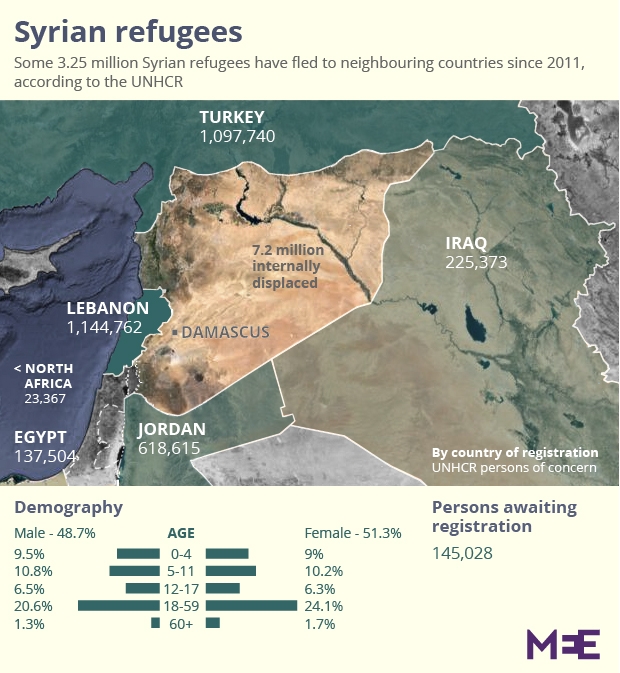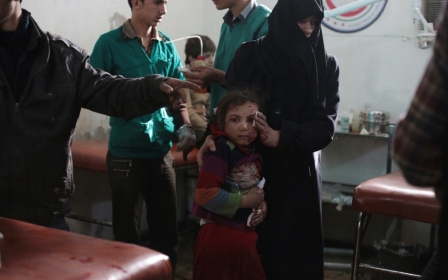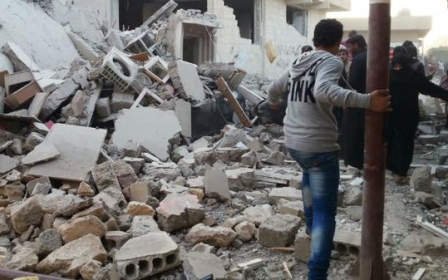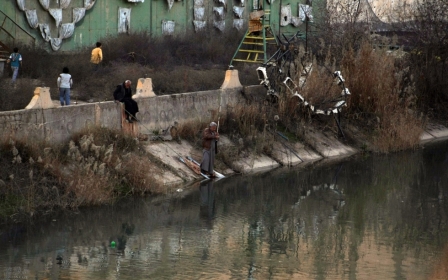Syria war death toll now more than 200,000: monitor
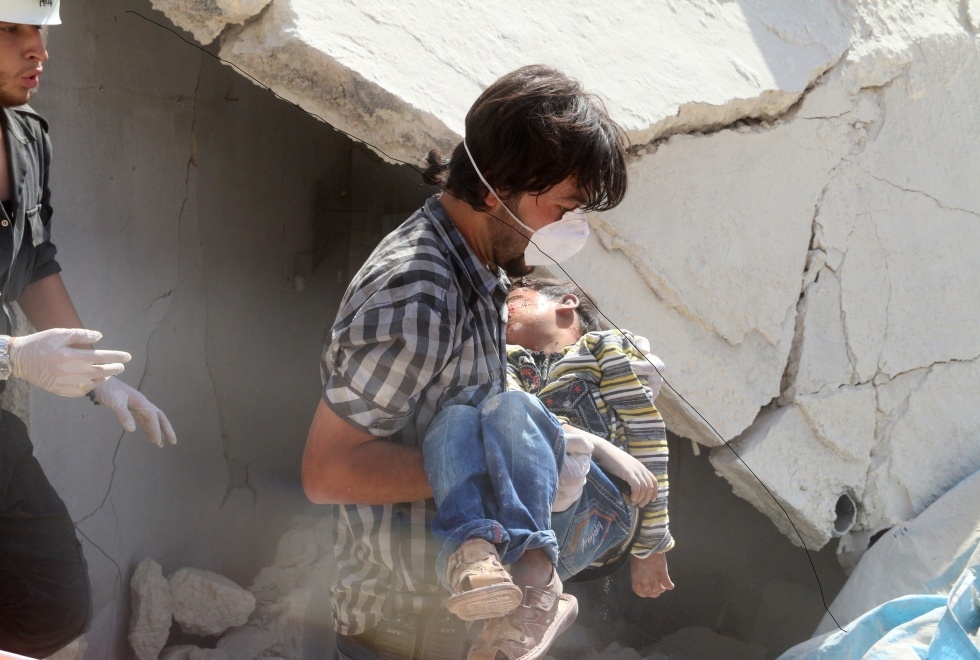
Syria's civil war has killed more than 200,000 people in less than four years, a monitoring group told AFP on Tuesday, adding that most were fighters from the two sides.
"We have documented the killing of 202,354 people since March 2011," Syrian Observatory for Human Rights director Rami Abdel Rahman said, adding that more than 130,000 of them were combatants.
"Of the total, 63,074 of the killed were civilians, including 10,377 children," said Abdel Rahman.
"Among the anti-regime fighters, 37,324 were Syrian rebels, while 22,624 were non-Syrian jihadists," he added.
"On the regime side, there were 44,237 soldiers, 28,974 members of the (paramilitary) National Defence Force, 624 members of (Lebanon's Shiite) Hezbollah, and 2,388 pro-regime Shiite fighters from beyond Syria and Lebanon," Abdel Rahman said.
Another 3,011 were unidentified, he added.
Abdel Rahman said the toll "is probably much higher than 200,000, but certain areas under regime and Islamic State group control are impossible to work in freely".
He also said some 200,000 people are being held in Syria's infamous government jails, including 20,000 who have gone missing entirely.
Thousands of other people -- combatants and civilians -- have also been taken hostage by IS and other factions active in Syria.
Abdel Rahman blamed the international failure to refer Syria to the International Criminal Court for the constant bloodletting.
"By failing to take the killers to court, the international community gives them the implicit go-ahead to keep on killing," he told AFP.
There have been several attempts to refer Syria to the ICC, but Russian and Chinese vetoes at the Security Council have blocked them.
Syria's civil war began in March 2011 as a peaceful protest movement inspired by the Arab Spring and demanding Assad's ouster, but morphed into a brutal war after pro-Assad forces unleashed a massive crackdown against dissent.
Middle East Eye propose une couverture et une analyse indépendantes et incomparables du Moyen-Orient, de l’Afrique du Nord et d’autres régions du monde. Pour en savoir plus sur la reprise de ce contenu et les frais qui s’appliquent, veuillez remplir ce formulaire [en anglais]. Pour en savoir plus sur MEE, cliquez ici [en anglais].


